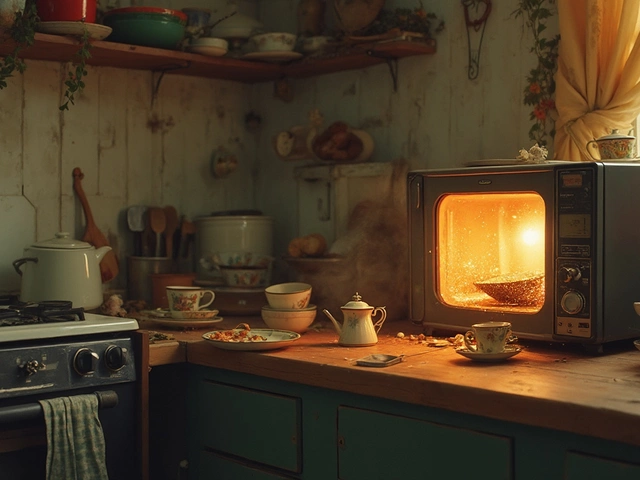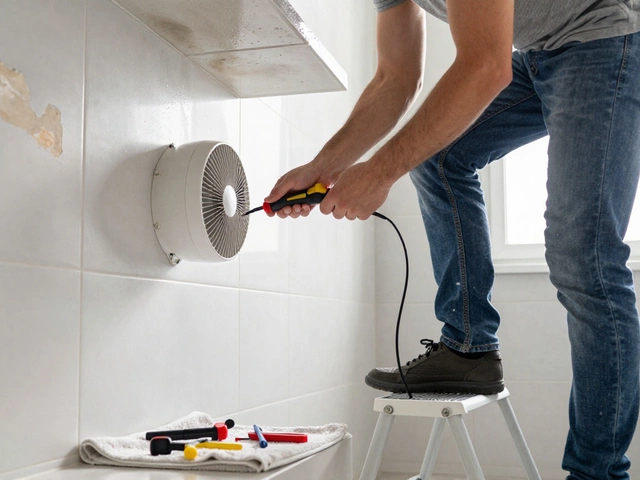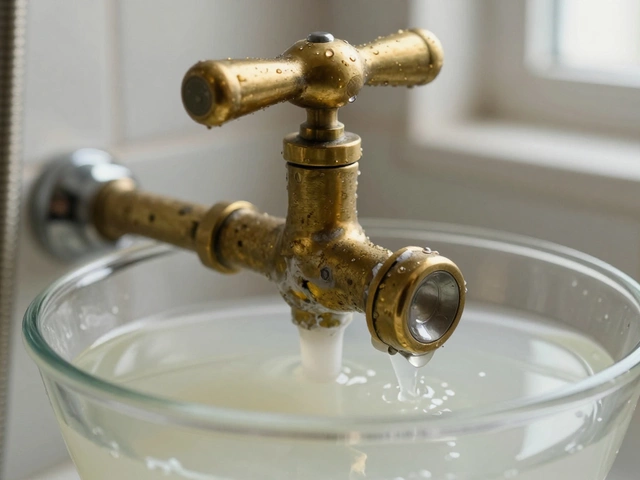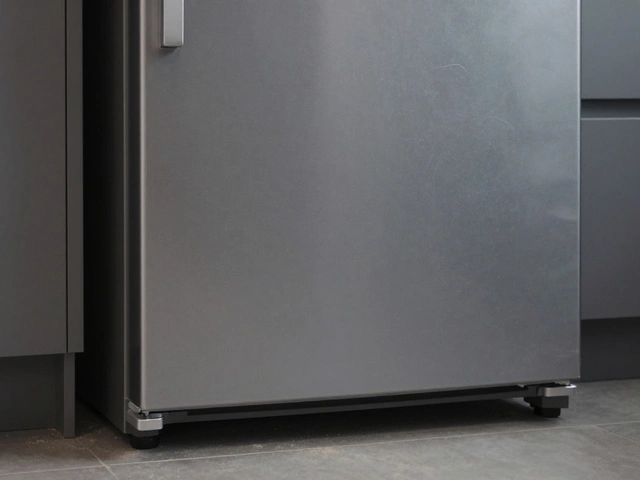How to Tell If Your Microwave is on the Fritz
March 7 202520-Year-Old Water Heater: What to Watch For and When to Replace
Got a water heater that's been heating your showers for two decades? That’s impressive, but age brings wear, rust, and hidden dangers. Before you end up with a cold shower or a costly burst pipe, let’s break down what a 20‑year‑old water heater is up to and how you can decide whether to keep it or call it quits.
Common Issues with a Two‑Decade‑Old Heater
Older heaters tend to develop a few predictable problems. First, sediment buildup is a big one. Over the years, minerals from hard water settle at the bottom of the tank, making the heating element work harder and lowering efficiency. You might notice the water isn’t as hot as it used to be, or the heating bill creeps up.
Second, the inner lining corrodes. When the metal starts rusting, you’ll see rusty water coming out of the tap. Corrosion also weakens the tank, increasing the chance of a leak.
Third, the pressure relief valve can fail. This safety valve is supposed to release excess pressure; if it gets stuck, the tank could explode under the right conditions. A leaking or dribbling valve is a clear red flag.
Finally, the thermostat or heating element may start misreading temperatures, leading to water that’s either too hot (a burn risk) or not hot enough (a comfort issue).
When to Call a Pro vs. DIY Maintenance
If you hear rumbling noises, notice rusty water, or see a slow leak, it’s time to call a qualified gas engineer. They can safely flush the tank, replace the pressure valve, or test the thermostat. Trying to open the tank yourself can be dangerous, especially with a gas‑powered unit.
For a quick DIY check, turn off the power or gas, close the water inlet, and attach a garden hose to the drain valve. Let the water run until it’s clear – that’s a basic flush. Doing this once a year helps reduce sediment, but it won’t fix corrosion or a failing valve.
Even with regular flushing, a 20‑year‑old heater is likely past its optimal lifespan. Most manufacturers rate 8‑12 years for a gas water heater under normal use. If your unit is still running, it’s probably because it’s been lucky, not because it’s a model built to last 20 years.Considering the safety risks and the drop in efficiency, many homeowners find that replacing the heater pays off within a few years. Modern units are more energy‑efficient, can be smaller, and often come with better warranties.
So, how do you decide? Ask yourself these questions:
- Do I see rusty water or hear strange noises?
- Is my energy bill higher than it used to be?
- Has the tank ever leaked, even a tiny drip?
- Do I feel confident the pressure valve works correctly?
If you answered yes to any of these, start getting quotes for a new water heater. A professional can assess the current unit, recommend the right size for your household, and explain the best fuel type for your home.
In short, a 20‑year‑old water heater can still deliver hot water, but the odds of a sudden failure grow each year. Regular flushing buys you a little extra time, but safety and efficiency are the real deal‑breakers. When in doubt, talk to a certified gas engineer – it’s a small step that can prevent a big, soggy disaster.
 18 Dec
18 Dec
Should You Repair a 20-Year-Old Water Heater? Expert Insights and Tips
Considering whether to repair a 20-year-old water heater involves evaluating various factors like ongoing efficiency, safety concerns, and repair costs. Over time, water heaters lose efficiency, potentially leading to increased energy bills and less reliability. Repairs for aging units can become frequent and costly, making replacement a more attractive option in certain scenarios. By understanding the implications and exploring tips from experts, homeowners can make informed decisions about whether to repair or replace. This article provides insights and guidance to help you decide the best course of action for your water heater needs.
Read More...



